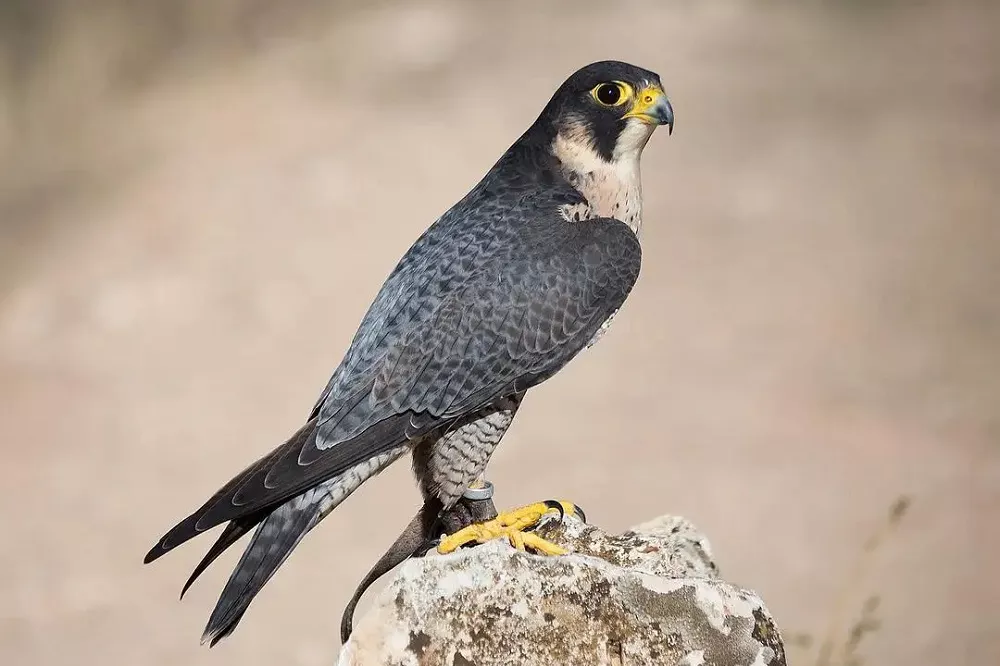Falcons are magnificent birds of prey that have long captured the imagination of humans. Their speed, power, and agility have made them popular subjects in art, literature, and mythology. However, despite their beauty and impressive abilities, falcons are not typically suitable as pets for most people. In this article, we will explore some of the reasons why falcons are not good pets and why they are better left in the wild or in the care of trained professionals.
First and foremost, falcons are wild animals that have evolved to live in a specific ecological niche. They are predators that are well-adapted to hunting in the wild, and their physical and behavioral traits reflect this. Falcons have sharp talons and beaks that they use to catch and kill prey, and they require a specialized diet that can be difficult and expensive to provide in captivity. They also have specific needs for exercise, stimulation, and socialization that may be difficult or impossible to meet in a domestic setting.
Another important consideration when it comes to falcons as pets is their legal status. Many species of falcons are protected by international and national laws, and it is illegal to capture, trade, or keep them without proper permits and licenses. This means that even if you were able to obtain a falcon, you would likely be breaking the law and risking fines or even imprisonment.
In addition to legal issues, falcons can also pose risks to their owners and other people. These birds are powerful and potentially dangerous, and they may become aggressive if they feel threatened or territorial. They also have sharp talons and beaks that can cause serious injury if not handled properly. It takes a great deal of skill and experience to train and handle a falcon safely, and even experienced falconers may experience accidents or injuries.
Finally, it is important to consider the ethical implications of keeping a falcon as a pet. Falcons are wild animals that have complex social, behavioral, and environmental needs that may be difficult or impossible to meet in captivity. They may experience stress, boredom, or frustration in a domestic setting, which can lead to health problems, behavioral issues, or even death. Additionally, keeping a falcon as a pet may contribute to the illegal wildlife trade, which threatens the survival of many species of birds of prey.
In conclusion, falcons are not good pets for most people. These wild animals have specific needs and requirements that are difficult to meet in captivity, and their legal status and potential risks make them unsuitable as pets. Instead, it is better to appreciate falcons from a distance, either in the wild or under the care of trained professionals such as falconers or rehabilitation centers. By respecting these birds and their natural habitats, we can ensure their survival and protect the biodiversity of our planet.


 Facebook
Facebook  Instagram
Instagram  Youtube
Youtube 